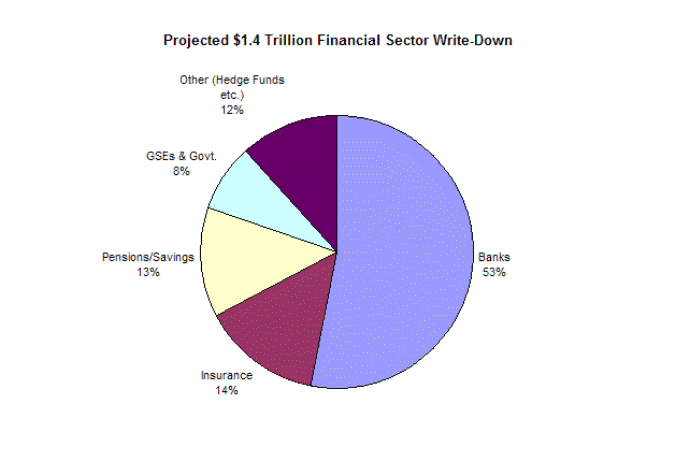

Among other things, the provisions will allow penalty-free withdrawals for some emergency expenses, let employers offer matching retirement contributions for a worker’s student loan payments and increase how much older workers may save in employer retirement plans. Retirement savings enhancements: The law contains new retirement rules that could make it easier for Americans to accumulate retirement savings – and less costly to withdraw them. The funding measures are part of nearly $39 billion for the Justice Department. The package also gives $11.3 billion to the Federal Bureau of Investigation, including for efforts to investigate extremist violence and domestic terrorism. It also creates a set of stipulations designed to make it harder for there to be any confusion over the accurate slate of electors from each state.įunding for January 6 attack prosecutions: The law provides $2.6 billion for US Attorneys, which includes funding efforts “to further support prosecutions related to the January 6 attack on the Capitol and domestic terrorism cases,” according to a fact sheet from the House Appropriations Committee. The legislation clarifies the vice president’s role while overseeing the certification of the electoral result to be completely ceremonial. The changes overhaul the 1887 Electoral Count Act, which Trump tried to use to overturn the 2020 election. Overhaul of the electoral vote-counting law: A provision in the legislation aims at making it harder to overturn a certified presidential election, the first legislative response to the US Capitol insurrection and then-President Donald Trump’s campaign to stay in power despite his loss in 2020. It will aid farmers, provide economic development assistance for communities, repair and reconstruct federal facilities and direct money to the Federal Emergency Management Agency’s Disaster Relief Fund, among other initiatives. Other funds address humanitarian and infrastructure needs, as well as support European Command operations.Įmergency disaster assistance: The law provides more than $38 billion in emergency funding to help Americans in the west and southeast affected by recent natural disasters, including tornadoes, hurricanes, flooding and wildfires. Nearly $12 billion will be used to replenish US stocks of equipment sent to Ukraine through presidential drawdown authority.Īlso, the law provides $13 billion for economic support to the Ukrainian government. More aid for Ukraine: The spending law provides roughly $45 billion to help support Ukraine’s efforts to defend itself against Russia’s attack.Ībout $9 billion of the funding will go to Ukraine’s military to pay for a variety of things including training, weapons, logistics support and salaries. The spending law, which will keep the government operating through September, the end of the fiscal year, is the product of lengthy negotiations between top congressional Democrats and Republicans.Ĭongress originally passed a continuing resolution on September 30 to temporarily fund the government in fiscal year 2023, which began October 1. And the spending package did not include a White House request for roughly $10 billion in additional funding for Covid-19 response. Neither did legislation to allow cannabis companies to bank their cash reserves – known as the Safe Banking Act – or a bill to help Afghan evacuees in the US gain lawful permanent residency.

An expansion of the child tax credit, as well as multiple other corporate and individual tax breaks, did not make it into the final bill. However, the law, which runs more than 4,000 pages, left out several measures that some lawmakers had fought to include. And the legislation contains several major Medicaid provisions, particularly one that could disenroll up to 19 million people from the nation’s health insurance program for low-income Americans. It also provides a boost in spending for disaster aid, college access, child care, mental health and food assistance, more support for the military and veterans and additional funds for the US Capitol Police. The sweeping package includes roughly $45 billion in emergency assistance to Ukraine and NATO allies, an overhaul of the electoral vote-counting law, protections for pregnant workers, an enhancement to retirement savings rules and a TikTok ban on federal devices. That represents an increase in spending in both areas for fiscal year 2023. The legislation includes $772.5 billion for nondefense discretionary programs and $858 billion in defense funding. President Joe Biden signed into law a $1.7 trillion yearlong federal government spending package on Thursday, after the House and Senate passed it last week.


 0 kommentar(er)
0 kommentar(er)
